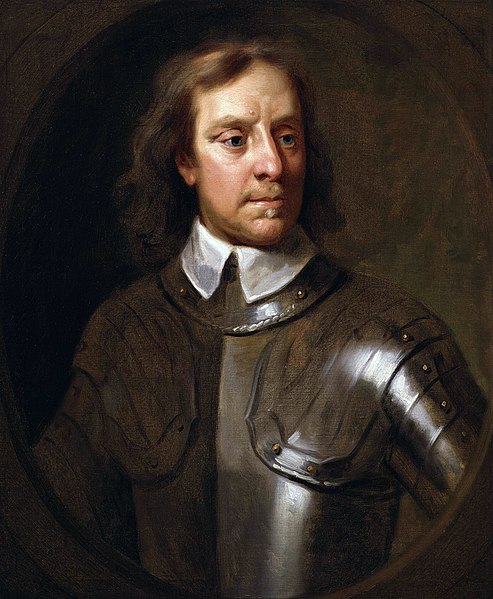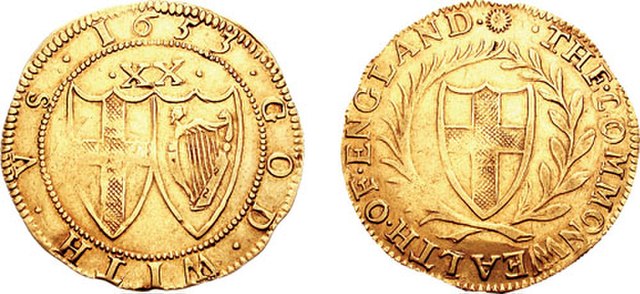Barebone's Parliament, also known as the Little Parliament, the Nominated Assembly and the Parliament of Saints, came into being on 4 July 1653, and was the last attempt of the English Commonwealth to find a stable political form before the installation of Oliver Cromwell as Lord Protector. It was an assembly entirely nominated by Oliver Cromwell and the Army's Council of Officers. It acquired its name from the nominee for the City of London, Praise-God Barebone. The Speaker of the House was Francis Rous. The total number of nominees was 140, 129 from England, five from Scotland and six from Ireland.
Oliver Cromwell
John Lambert
Praise-God Barebone
The Commonwealth was the political structure during the period from 1649 to 1660 when England and Wales, later along with Ireland and Scotland, were governed as a republic after the end of the Second English Civil War and the trial and execution of Charles I. The republic's existence was declared through "An Act declaring England to be a Commonwealth", adopted by the Rump Parliament on 19 May 1649. Power in the early Commonwealth was vested primarily in the Parliament and a Council of State. During the period, fighting continued, particularly in Ireland and Scotland, between the parliamentary forces and those opposed to them, in the Cromwellian conquest of Ireland and the Anglo-Scottish war of 1650–1652.
A gold Unite from 1653
A 21st-century edition of the Act Declaring and Constituting the People of England to be a Commonwealth and Free-State enacted on 19 May 1649





